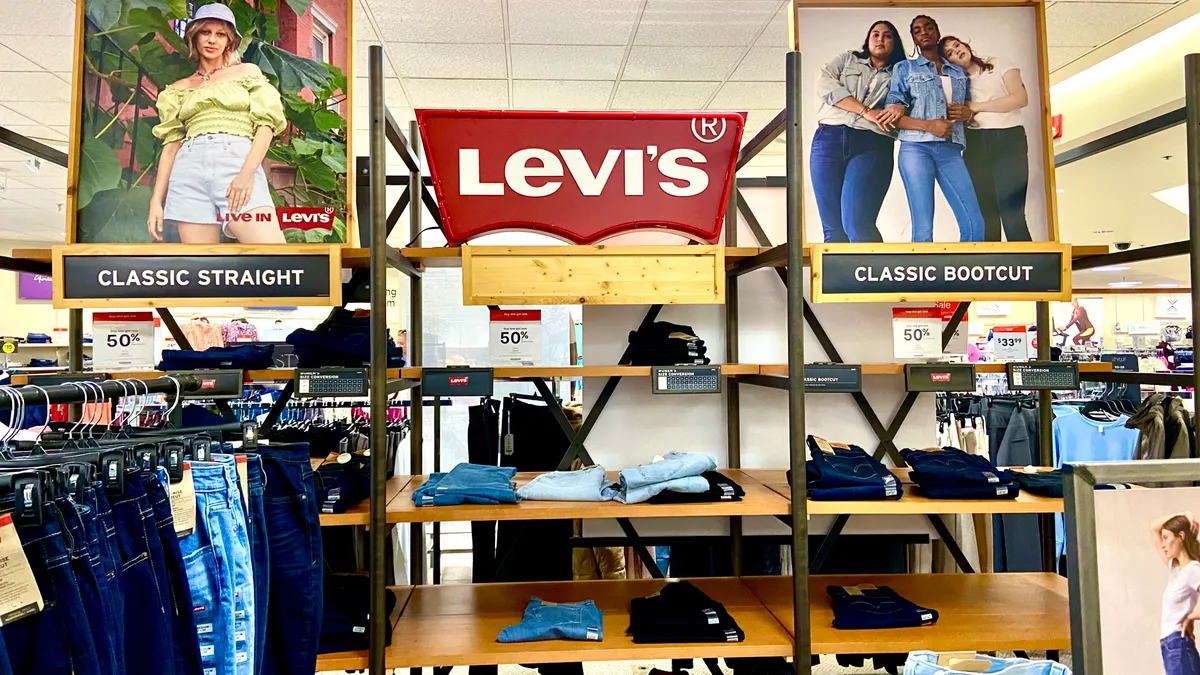NEW YORK — Marvin Ellison might be new to Lowe's, but the strategies he's focused on are old.
One of the main things he wants to improve? How Lowe's caters to its customers, which vary from ambitious do-it-yourselfers to customers who want nothing to do with the building process to professionals who know exactly what they want. According to Ellison, the challenge is making sure staff know how to interact with each of these customers and can provide them with the level of service that makes sense for them.
"When you try to paint a broad brush and say we're going to serve these customers and train our associates the same way, you miss out on a huge opportunity to serve the unique needs of the customer," Ellison said during a Monday panel at NRF's Big Show. "So we're going back and we're looking at those segments, we're understanding the needs of those customers, spending time with those customers and we're making sure we're addressing those things properly. Those are some of the things that we haven't done a great job of late and we're working hard to get caught up."
The sheer diversity of Lowe's customer base means that employees at times need to be relied on for product information, for a project manager mentality and simply to answer questions on when supplies will arrive. That's just one piece of the business in which Ellison wants the home improvement giant to think small, though. He's also trying to scale back the vision of the company, which he says was "broader than what I think it should be" and focus in on retail fundamentals while scaling back on previous efforts, like being a "smart home business" or opening branches globally that underperformed.
"This may not be too sexy or too innovative, but if you're a retailer, you have to be in stock. You have to have an efficient supply chain. You have to have productive use of your space," Ellison said. "You have to have online capabilities with easy navigation, search and checkout, and you have to be multichannel, where customers can shop online, in-store seamlessly, and you need great service and good training of your associate population. All of these things are areas where we have to improve upon."
Although the home improvement retailer is going back to the basics right now, the company has its eye on more market share in the future. According to Ellison, between Lowe's and its next largest competitor, the two generate $200 billion in revenue in a market of potentially $900 billion, leaving "$700 billion of opportunity," despite the fact that many consider Lowe's and Home Depot to virtually own the market.
Those billions of dollars of opportunity lie in regional, fragmented markets, which haven't been well-tapped into yet. However, the home improvement space also has some macro trends working in its favor, with home appreciation leaving homeowners more likely to invest in renovations, and therefore more likely to shop at home improvement stores, Ellison said.
"As long as your home is going up in value, you have a positive thought process around investing in that home," Ellison said. "If your neighbor sells their home and they make a significant capital appreciation in the sale price, then you have confidence to go out and replace your countertops with granite or you have confidence to put in new flooring because you believe that you're going to get a return on that investment."
For a player that's spent a lot of time in the shadow of Home Depot, and has said itself that it hasn't done enough to capitalize on a favorable environment, retail fundamentals might be just what it needs. But Ellison was careful not to limit the retailer's potential to simply conquering retail 101 tactics. He also noted the importance of the renting economy, which isn't a primary focus for the company right now, but is still in Ellison's sights in terms of broadening the product categories and assortment for rentals.
"It starts with retail fundamentals first. As the old saying goes: you can't put the icing before the cake," he said. "We talk a lot about, we've been serving a lot of icing lately, but the fundamentals — or the cake — has not been baked nearly effectively as it could be. So as a management team, we're trying to be disciplined to focus on the fundamentals and not get distracted by all of the other things that we could be spending time on because we have to get this stuff first."






















